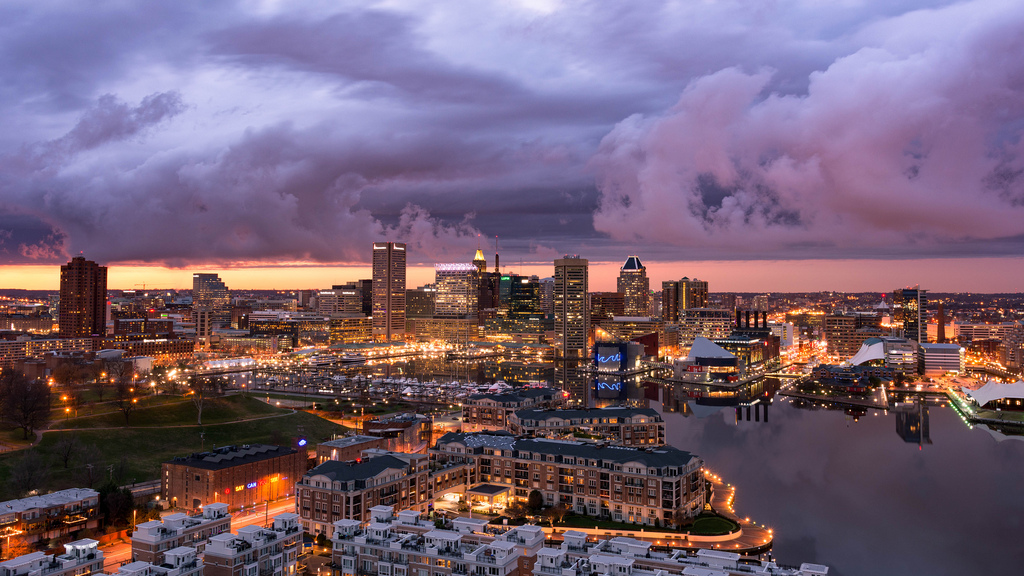
November 7, 2017
Research Team: Stephen L Morgan, Bloomberg Distinguished Professor, Johns Hopkins Krieger School of Arts and Sciences, School of Education
A widely reported spike in gun violence and homicide emerged soon after the April 2015 unrest in Baltimore, alongside claims that the Baltimore Police Department had pulled back from routine police work in protest against a lack of support from the city’s leadership. These events unfolded in Baltimore as a discussion on crime and policing was developing in the national press, sparked by the protests in Ferguson, Missouri but focused on the impact of dashcam and cellphone videos of police conduct. Debates over the existence of a so-called “Ferguson effect” continue to feature opposing positions on whether the new attention is a welcome spotlight on police misconduct with no consequences for underlying patterns of crime, or instead a constraint on appropriate policing that generates opportunistic crime. Using crime incident and arrest data from the Baltimore Police Department, this report seeks to determine the relationship between these events, numbers of arrests, and subsequent rises and declines in the crime rate.

